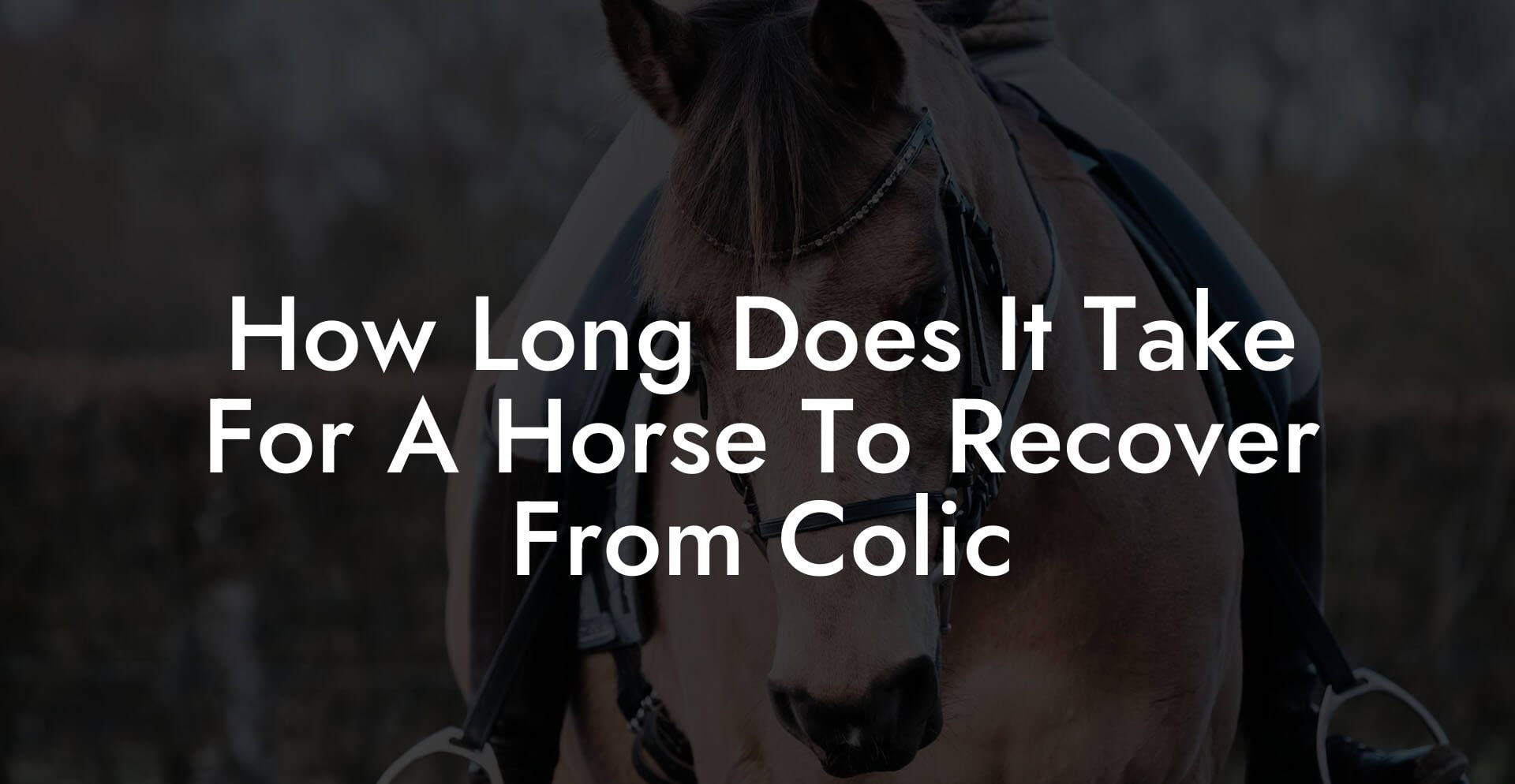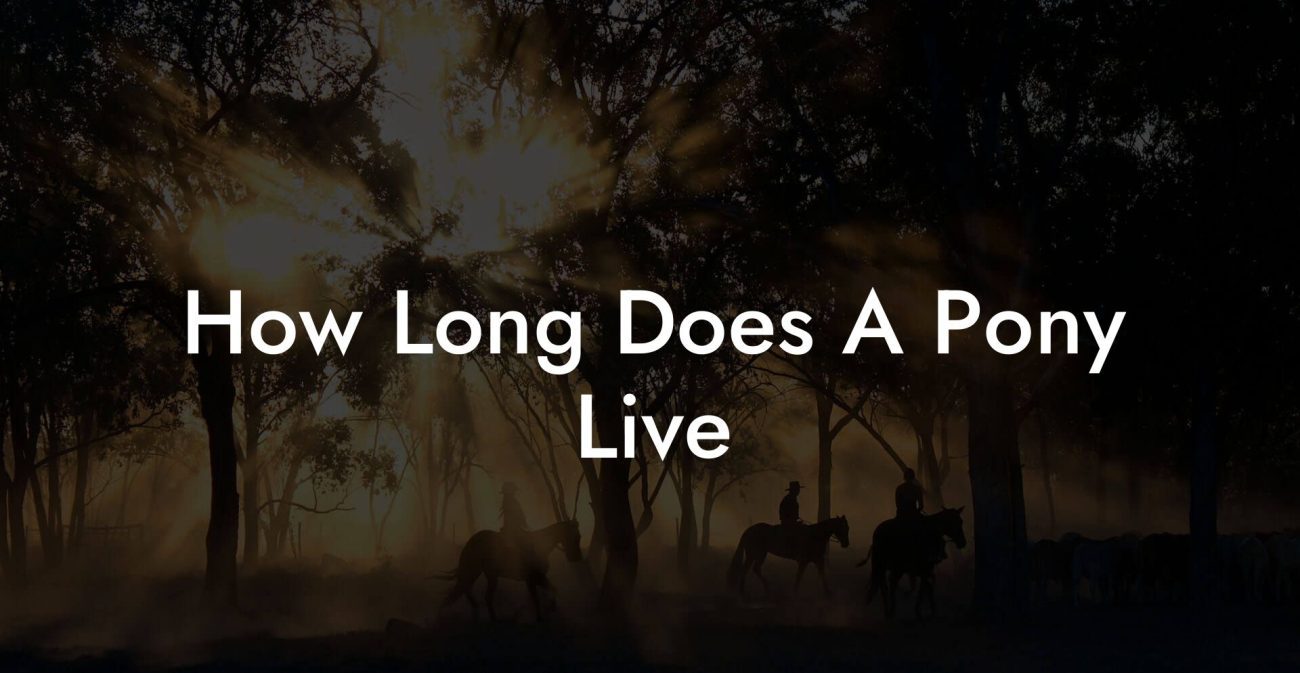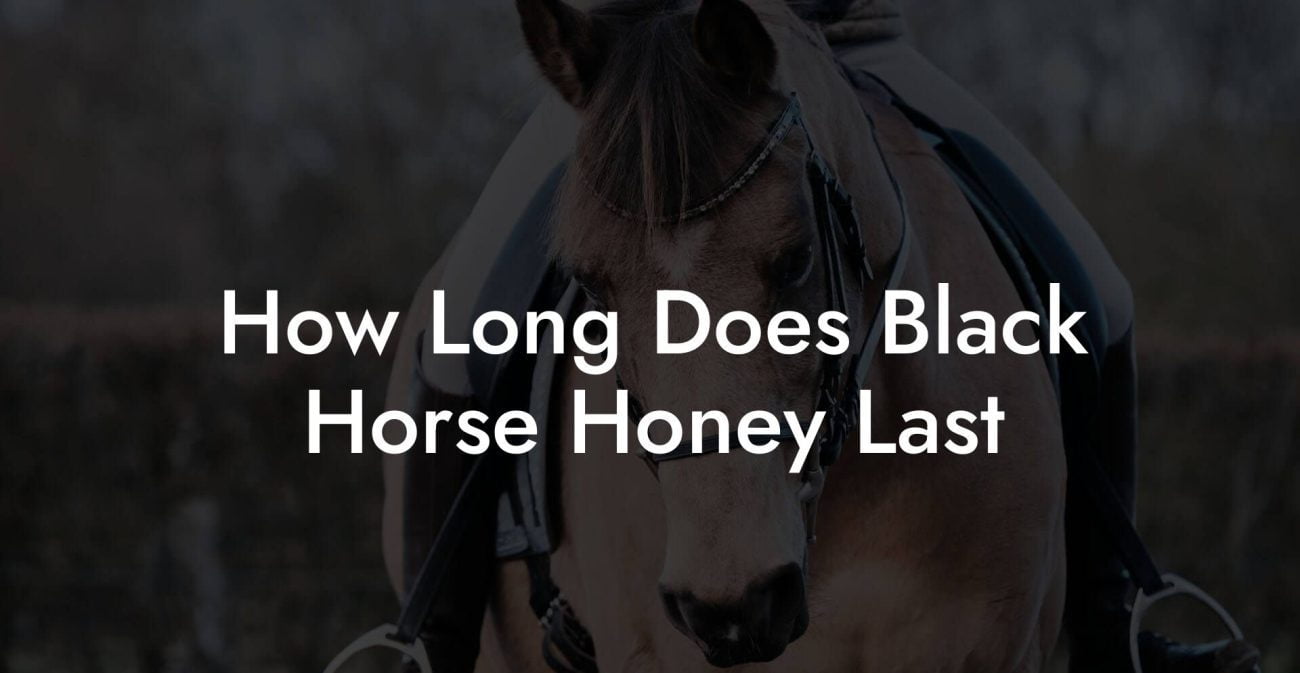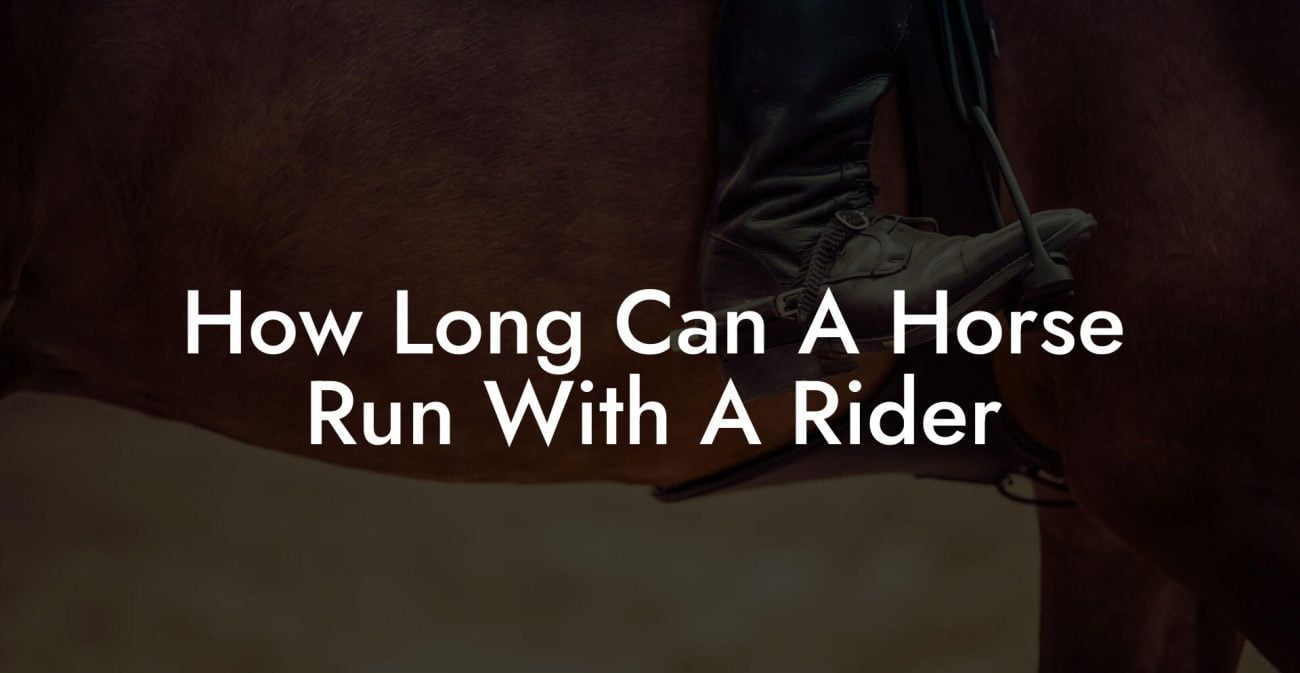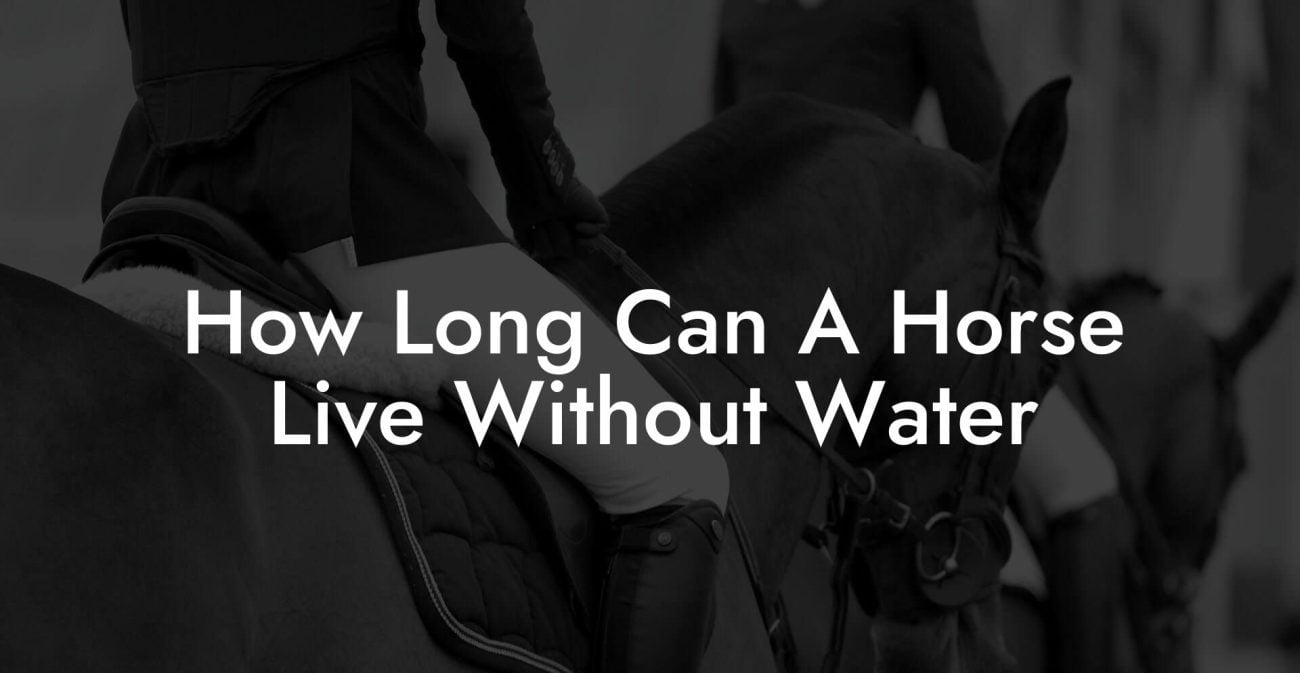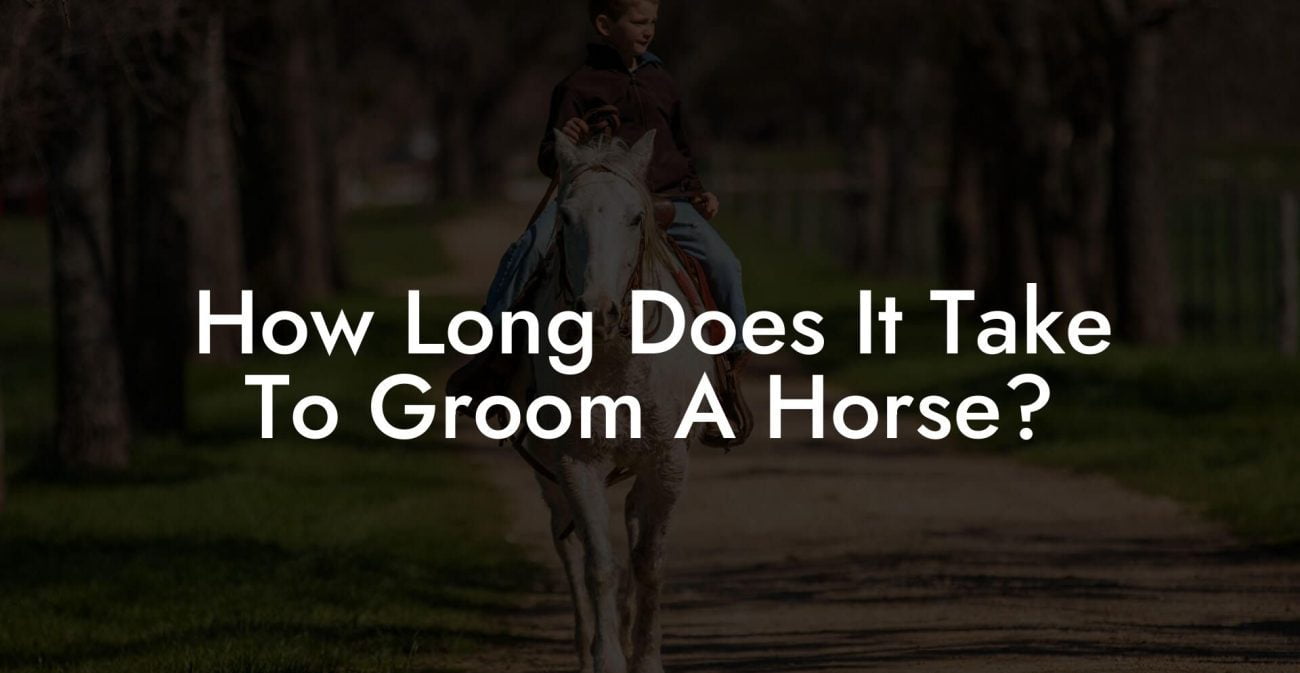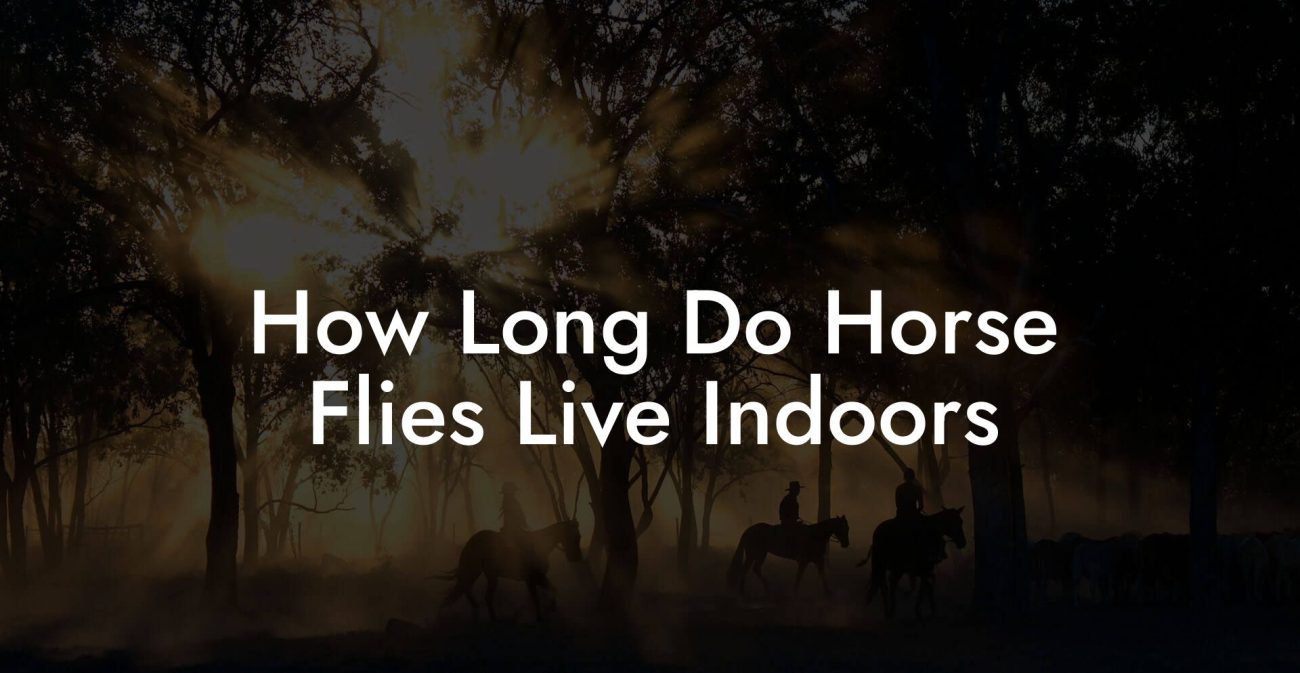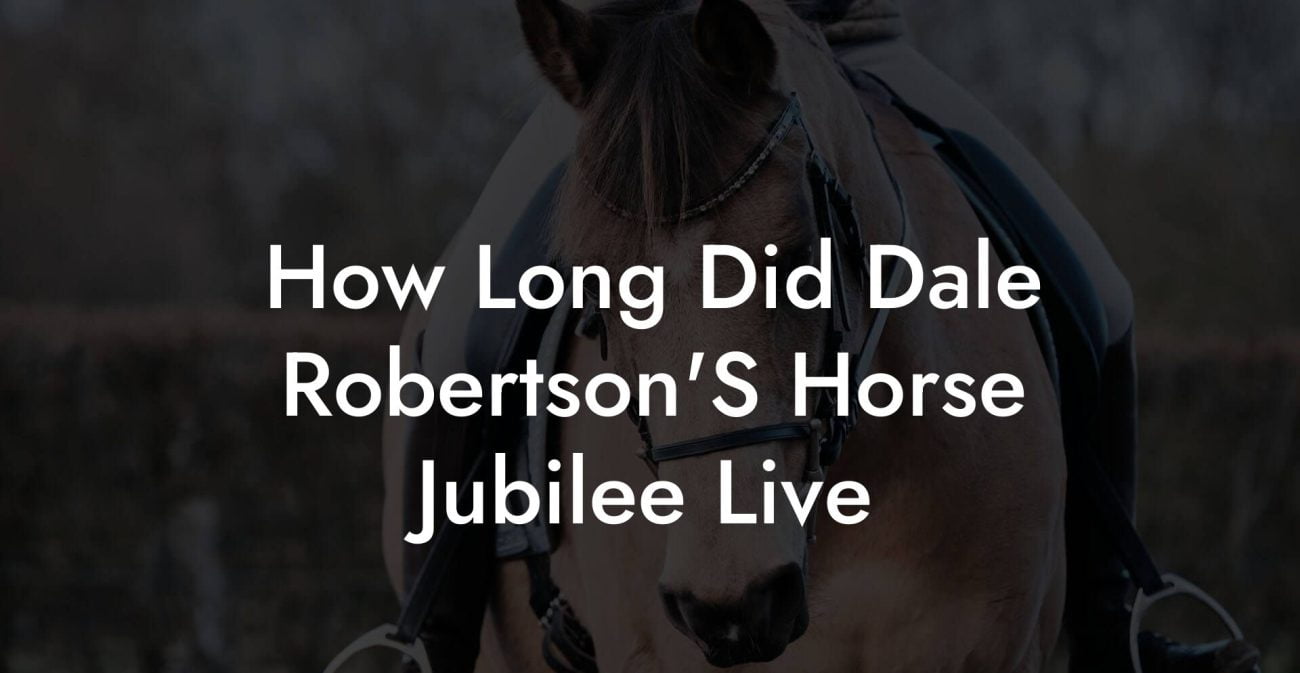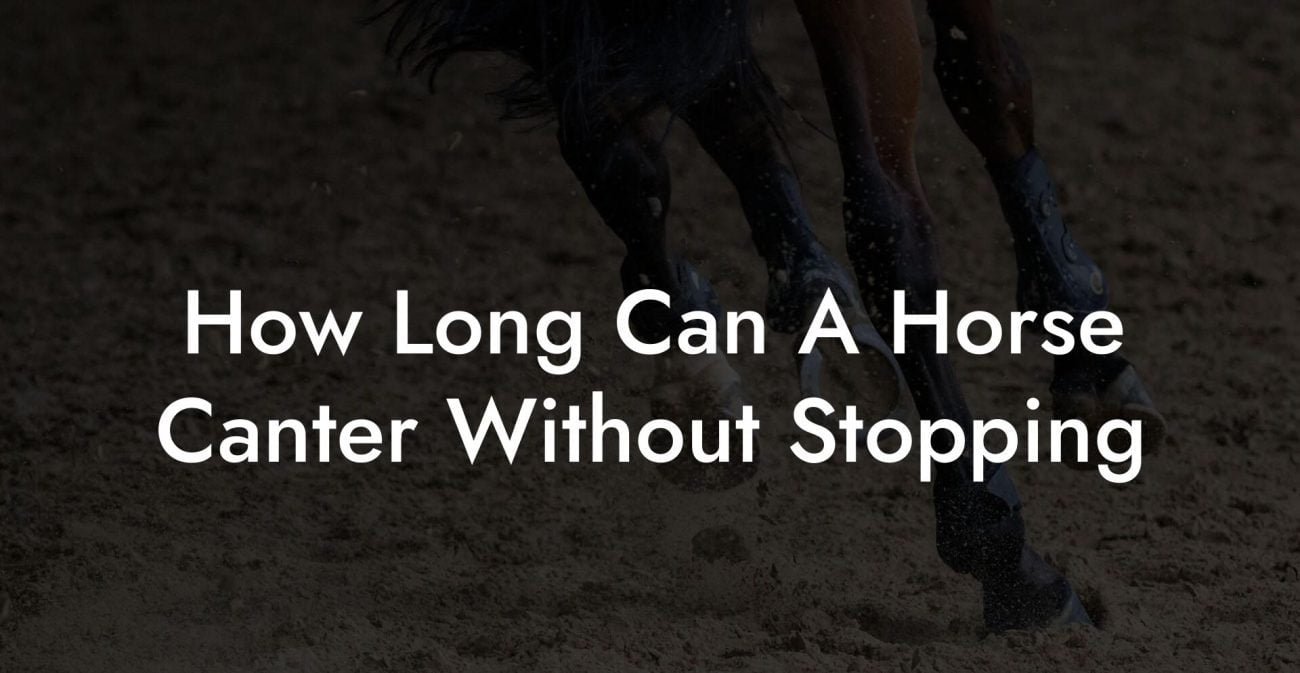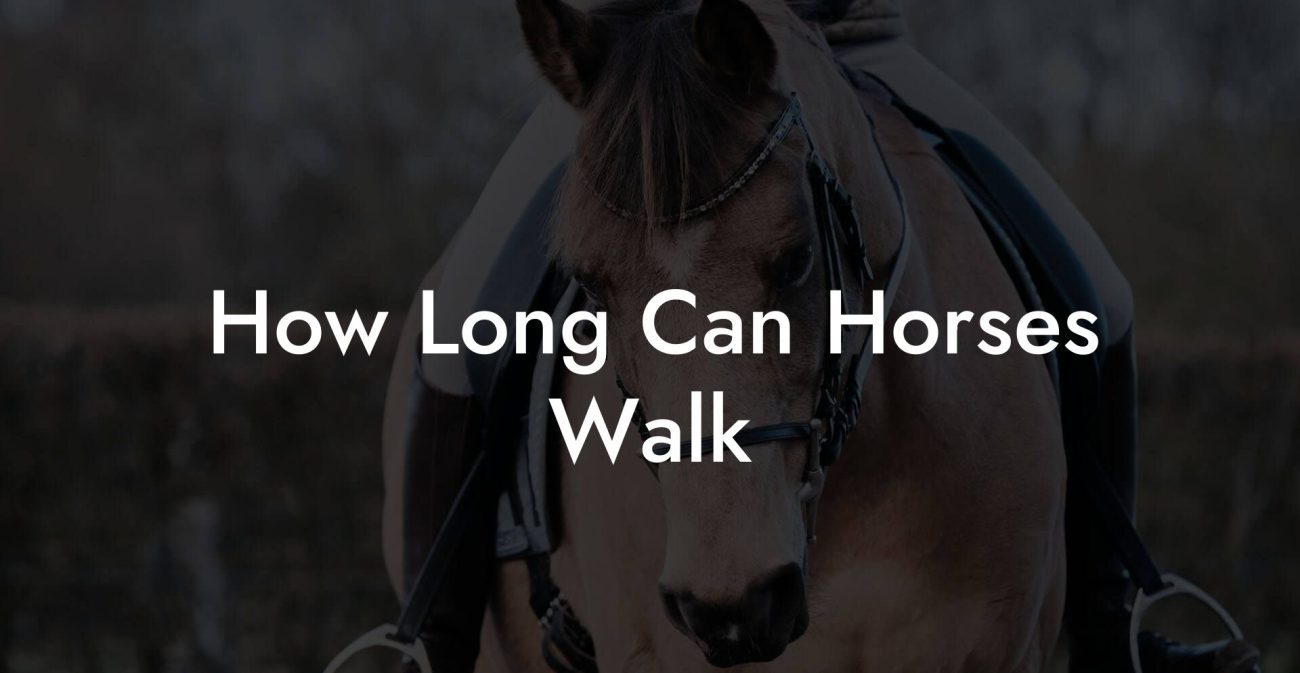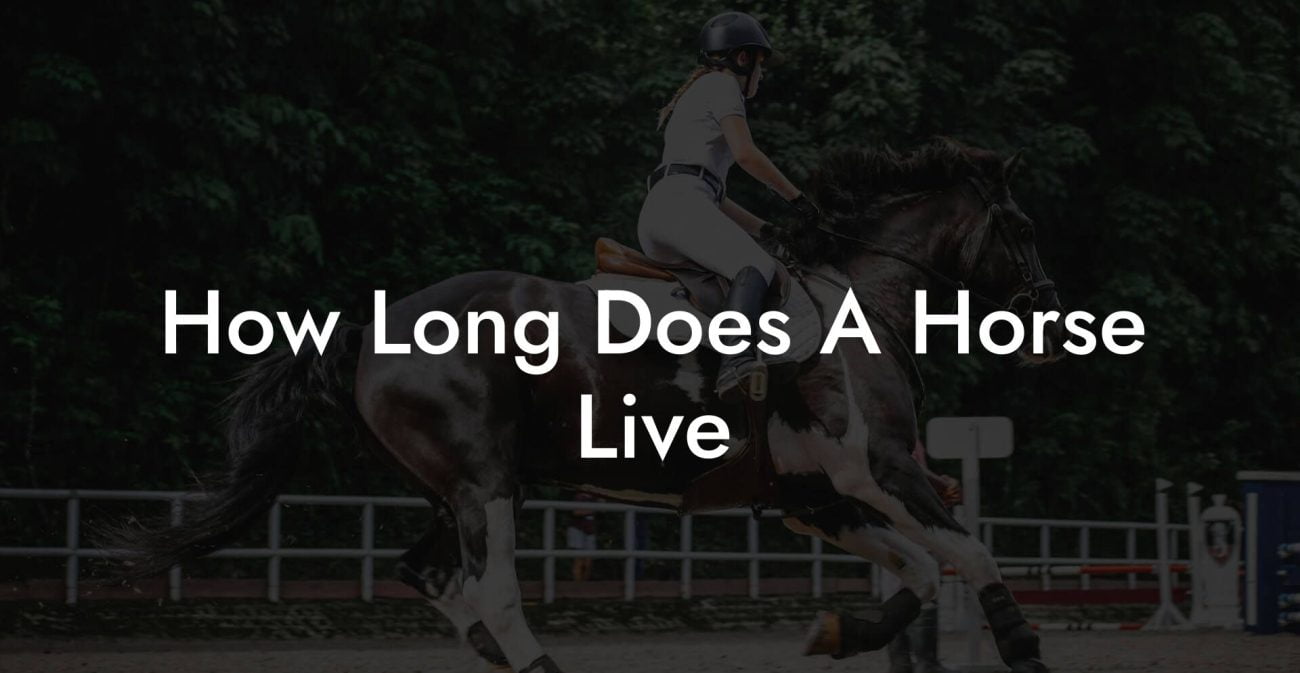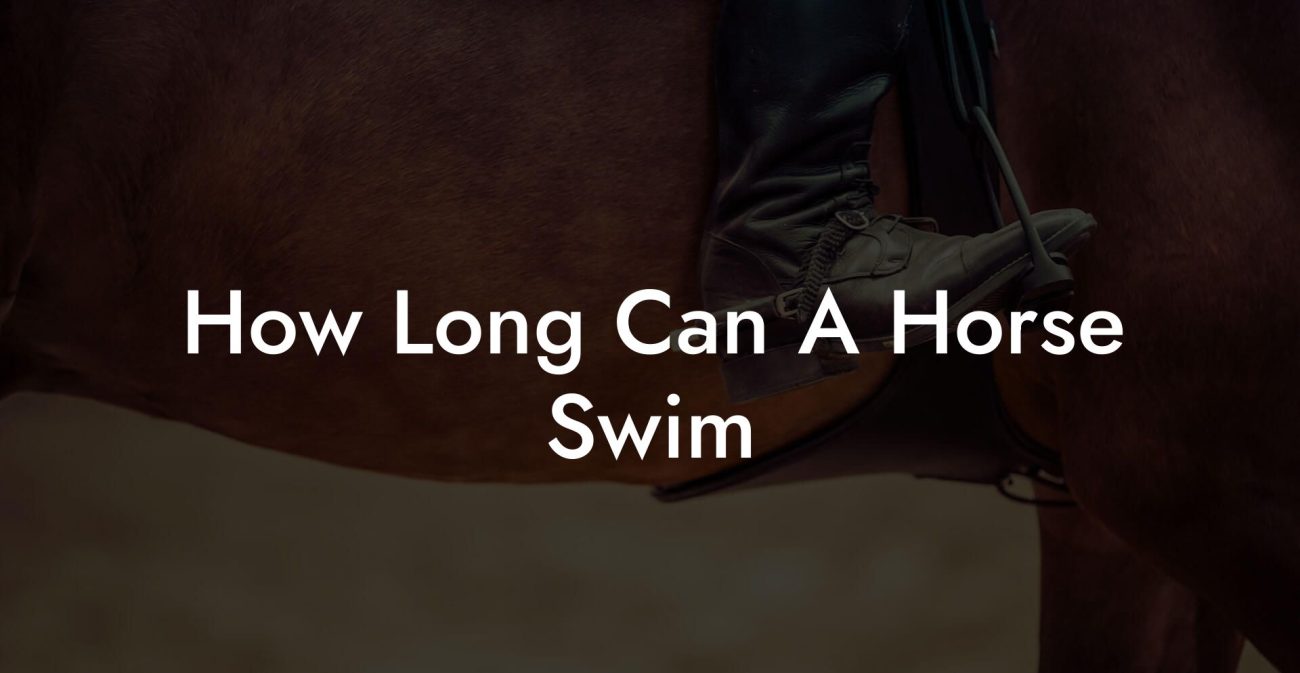When your horse gets colic, it’s like they’ve thrown the ultimate equine tantrum – a full-blown digestive rebellion that leaves you both wondering what went wrong and how long until things get back to normal. Colic isn’t your horse’s idea of a fun day at the pasture; it’s an abrupt, often painful event that can send your four-legged best friend into a state of distress. But fear not, armed with the latest recovery tactics, plenty of humor, and a dash of common sense, you and your equine buddy can navigate this bumpy road together.
Quick Links to Useful Sections
- Understanding Colic: More Than Just a Digestive Dilemma
- The Many Faces of Colic: Types and Triggers
- How Long Does It Take For A Horse To Recover From Colic?
- Factors Influencing Recovery Time
- Veterinary Intervention: The Game-Changer in Recovery
- Initial Assessment and Stabilization
- Surgical Intervention
- Follow-Up Care
- At-Home Recovery and Supportive Care
- Control the Diet
- Hydration is Key
- Controlled Exercise and Rest
- The Recovery Timeline: What to Expect
- Phase 1: The Emergency Response (0-24 Hours)
- Phase 2: Acute Recovery (1-3 Days)
- Phase 3: Gradual Reintroduction (3 Days to 2 Weeks)
- Phase 4: Long-Term Management (2 Weeks and Beyond)
- Practical Steps to Help Prevent Future Colic Episodes
- Feed Management
- Access to Clean Water
- Regular Exercise
- Manage Stress
- Routine Veterinary Checks
- nutrition and Supplementation: Fueling a Healthy Gut
- Integrative Approaches to Enhance Recovery
- Resources and Community Support: Your Next Steps
- Monitoring and Long-Term Care: Keeping an Eye on Recurrence
- Real-Life Stories: Learning from Experience
- The Midnight Emergency
- The Recovery Marathon
- From Despair to Delight
- FAQs: Your Horse Colic Recovery Questions Answered
- Your Roadmap to Equine Wellness After Colic
Understanding Colic: More Than Just a Digestive Dilemma
Colic in horses is not a singular disease, it’s a symptom of a range of gastrointestinal issues that can occur in horses of all ages. Essentially, colic is when your horse’s gut is in a state of chaos. The term “colic” generally refers to abdominal pain, and while it might sound like something that can be ignored with a bit of time and a couple of carrots, horse colic is serious business.
In the world of equine health, colic can be triggered by several factors, from dietary indiscretions (like gobbling up spoiled feed or too many treats) to more complicated issues like gas buildup, impaction, or even twists in the intestines. The complexity of colic means that the recovery timeline is as diverse as your horse’s personality.
For horses, colic is essentially a distress signal from their gut. It’s their way of saying, “Something’s not right in here!” And when that happens, the clock starts ticking, not just in the aftermath of the episode, but also on how you manage the recovery process.
The Many Faces of Colic: Types and Triggers
Not all colics are created equal. The severity of the condition can vary dramatically, making it crucial to understand the type your horse is facing. Here are some of the more common beasts in the colic kingdom:
- Gas Colic: Think of it as a build-up of pressure in your horse’s belly, the equine equivalent of a waiting-to-explode soda can. Often, this type of colic can resolve on its own or with minor intervention, like walking your horse to help release the trapped gas.
- Impaction Colic: This happens when feed material, sand, or other foreign bodies cause a blockage in the intestines. It’s like attempting to push a bumper car through a narrow tunnel – things can get pretty stuck.
- Displacement or Torsion: Here, parts of your horse’s intestine twist or move out of place. This is one of the more serious forms that often require immediate veterinary attention and, in some cases, surgery to untangle the mess.
- Inflammatory Colic: Sometimes, inflammation or infection can lead to colic symptoms. Conditions such as colitis fall into this category and might require a cocktail of medications to address the issue.
Each type of colic not only has its specific causes but also a different recovery timeline. While some cases may resolve in a matter of hours, others can take days or even weeks to fully mend.
How Long Does It Take For A Horse To Recover From Colic?
There’s no one-size-fits-all answer to the million-dollar question: “How long does it take for a horse to recover from colic?” Recovery time can vary based on several factors, such as the type and severity of the colic, the speed of intervention, the overall health of your horse, and even the quality of post-colic care provided.
For milder cases, like simple gas colic, you might notice improvement in as little as 24 to 48 hours with supportive care and light exercise (think gentle walking and lots of calm reassurance). However, if your horse has faced a more severe type of colic such as a torsion or displacement, the recovery period could stretch on for several days or even weeks post-surgery.
It’s important to remember that even after the major colic episode is over, your horse’s gut might still be on the mend. For instance, normalizing gut motility and rebuilding the natural balance of microflora can take extra time. So while your horse might seem back to its normal self physically, the recovery journey continues behind the scenes.
Factors Influencing Recovery Time
Several key factors determine how long it will take for your horse to bounce back after a bout of colic. Let’s break them down:
- Severity of the Episode: The greater the intensity of the colic, the longer the recovery. Mild cases might resolve quickly, while severe cases requiring surgery can extend recovery times.
- Type of Colic: As mentioned, gas colic might clear up within a day or two, while impaction or displacement colics necessitate a lengthier and more intensive recovery regimen.
- Timeliness of Intervention: The faster you get professional help, the better the prognosis. A prompt and correct diagnosis can halt the progression of the condition and shorten recovery time.
- Overall Health and Age of the Horse: Younger, healthier horses generally recover more quickly than older horses or those with prior health issues.
- Post-Operative Care and Management: For horses that require surgical intervention, the quality of post-surgery care (including pain management, nutritional support, and gradual reintroduction to normal activity) is essential for a speedy recovery.
For horse owners, understanding these variables is key to making informed decisions during a colic crisis, and, just as importantly, during the recovery phase.
Veterinary Intervention: The Game-Changer in Recovery
When it comes to colic, your first call should be to a trusted equine veterinarian. These professionals aren’t just experts in diagnosing and treating colic, they’re your best allies in ensuring your horse has the best shot at a quick recovery. Here’s what you can expect from veterinary intervention:
Initial Assessment and Stabilization
As soon as your vet arrives, they’ll perform a series of assessments including:
- Physical Examination: The veterinarian will check your horse’s vital signs (heart rate, respiration, temperature) and assess the level of pain and discomfort.
- Auscultation: Listening to the intestinal sounds using a stethoscope to determine the extent of gut motility.
- Rectal Examination: A hands-on approach to identify any displacements, impactions, or twists in the intestines.
- Diagnostic Imaging: In some cases, ultrasound or X-rays may be employed to get a clearer picture of what’s going wrong inside.
This comprehensive assessment is critical. In some cases, immediate treatments such as pain relief, intravenous fluids, or even nasogastric intubation to drain the stomach are initiated right on the spot.
Surgical Intervention
For colics that involve torsion (twisting) or displacement, surgery might be the only viable option. While no one ever wants to see their beloved horse go under the knife, these procedures can be life-saving. Post-surgery, the horse will require close monitoring, antibiotics, and anti-inflammatory medications to manage pain and prevent infection. Recovery from surgery is typically the longest route, often extending the recuperation period to several weeks.
Follow-Up Care
After the immediate crisis is managed, your veterinarian will outline a detailed post-colic care plan. This may include gradual reintroduction to feed, regular monitoring of vital signs, and controlled exercise routines. In essence, your vet becomes a co-pilot on this recovery journey, ensuring every step is taken with care.
At-Home Recovery and Supportive Care
Once your horse is stable and the critical phase of colic has passed, the focus shifts to supportive care at home. This phase is all about creating a calm, stress-free environment conducive to healing.
Control the Diet
Following a colic episode, your horse’s digestive system will be a bit touchy. This is not the time for lavish hay buffets or sudden dietary changes. Instead, opt for a slow reintroduction of food, focusing on:
- High-Quality Hay: Fresh, digestible hay helps ease digestion without overloading the gut.
- Low-Grain Diet: Cut back on heavy, grain-rich feeds until the digestive tract is fully recovered.
- Electrolyte Supplements: These can help maintain hydration and support gut function during recovery.
Your veterinarian may recommend gradual feeding schedules to ensure your horse’s gut gets back to normal smoothly.
Hydration is Key
Adequate water intake is a cornerstone of recovery. Hydration helps keep the gastrointestinal tract lubricated, promotes digestion, and reduces the risk of further impactions. Make sure your horse always has access to clean, fresh water, especially if the weather is warm or following strenuous recovery sessions.
Controlled Exercise and Rest
While your horse shouldn’t be running marathons immediately after a colic episode, light exercise is necessary to stimulate gut motility. Start with short, slow walks and gradually increase the duration based on your vet’s advice. Pacing is essential here, mixing periods of rest with gentle movement will help rebuild muscle tone without overwhelming a recovering system.
Additionally, stress reduction is critical. A calm barn environment, minimal disturbances, and even some soothing music can make all the difference in how quickly your horse bounces back.
The Recovery Timeline: What to Expect
While every colic case is unique, here’s a rough timeline that outlines what you might expect during your horse’s journey to recovery:
Phase 1: The Emergency Response (0-24 Hours)
During the initial phase, recognizing the signs of colic and quickly calling the veterinarian is paramount. Immediate stabilization, pain management, and, if needed, surgical intervention occur during this phase. Even if your horse shows early signs of improvement, this period is critical for setting the stage for recovery.
Phase 2: Acute Recovery (1-3 Days)
Once the initial crisis is managed, your horse enters the acute recovery phase. Here, rest, controlled feeding, and gentle exercise (if recommended) are key. In mild cases of colic, some horses can start resuming normal activities after just 48 hours. However, for more severe cases, especially those involving surgery, this phase might extend to 72 hours or more.
Phase 3: Gradual Reintroduction (3 Days to 2 Weeks)
The next stage focuses on slowly reintroducing normal feed and exercise routines. During this period, your veterinarian may advise frequent checks to ensure the gut is regaining proper function. Your horse might start to show a return to normal bowel movements and appetite gradually. It’s a phase of cautious optimism, time to celebrate the small victories while keeping a vigilant eye on any signs of setbacks.
Phase 4: Long-Term Management (2 Weeks and Beyond)
After the immediate recovery period, long-term management is essential to prevent recurrence. This phase involves:
- Dietary Adjustments: Maintaining a balanced diet with quality hay and appropriate supplements.
- Regular Exercise: Continuing with controlled activities to ensure ongoing gut motility.
- Monitoring and Check-Ups: Regular veterinary visits to catch any early signs of digestive issues.
- Stress Management: A calm environment and thoughtful management practices to reduce stress-induced colic triggers.
The timeline above is a guideline. Every horse is different, some might get back to their old self in a matter of days, while others may take weeks, particularly if the colic episode was severe or if surgery was involved.
Practical Steps to Help Prevent Future Colic Episodes
Prevention is always better (and less stressful) than cure, especially when dealing with colic. Here are some actionable tips to reduce the risk of colic in your horse:
Feed Management
Avoid sudden changes in diet and ensure that your horse is fed several small meals throughout the day rather than one or two large feedings. Consistency is key. Gradually introduce any new feed or supplement over at least 7-10 days.
Access to Clean Water
Ensure your horse always has access to fresh, clean water. Hydration is a crucial element that helps keep the digestive system fluid and functioning optimally.
Regular Exercise
Consistent, regular exercise not only maintains overall health but also stimulates proper gut motility. Even on rest days, consider light walking routines to keep the digestive system in tune.
Manage Stress
Horses are sensitive creatures with a knack for picking up on the stress in their environment. Keep their living conditions calm, and try to minimize sudden environmental changes or disruptions in routine.
Routine Veterinary Checks
Regular check-ups with your vet can help catch early signs of potential digestive issues before they escalate into something more serious. Preventative care can be your best defense.
nutrition and Supplementation: Fueling a Healthy Gut
A well-balanced, consistent diet and the right supplements can give your horse’s gut the support it needs to stave off future colic episodes. Here are a few nutritional pointers to consider:
- High-Quality Forage: Ensure your horse is getting plenty of high-quality hay that is free from mold and dust. Forage is the cornerstone of a healthy equine digestive system.
- Electrolytes and Probiotics: Supplementing with electrolytes can help maintain hydration and overall gut health, while probiotics work to balance the gut microbiome.
- Moderation in Concentrates: While grains and concentrates are often a necessary energy source, overfeeding can lead to digestive upset. Use them judiciously.
- Regular Feeding Schedule: A predictable feeding schedule helps set your horse’s digestive system into a healthy rhythm.
Tailor these recommendations to your horse’s specific needs by consulting with your veterinarian or an equine nutritionist.
Integrative Approaches to Enhance Recovery
In today’s fast-paced world, where holistic health has become the buzzword, many horse owners are turning to integrative and alternative therapies to complement traditional veterinary care in the fight against colic.
Techniques such as acupuncture, chiropractic adjustments, and even massage therapy have been reported to help improve gut motility and relieve abdominal tension. While the scientific community is still exploring these methods, many owners swear by their effectiveness, especially as adjunct therapies during the recovery period.
Additionally, concepts like stress reduction through aromatherapy or using calming herbs (always under the supervision of a vet) can create an overall environment where recovery is expedited not only by the restoration of physical health but also by the promotion of mental and emotional well-being.
Resources and Community Support: Your Next Steps
Being a horse owner in the digital age means you’re never truly alone, the internet is teeming with fellow caregivers, experts, and communities dedicated to equine health. When navigating the challenges of colic and recovery, consider tapping into the following resources:
- Veterinary Forums and Q&A Websites: Websites like EquineNow, TheHorse.com, and various breed-specific forums can be a gold mine of experience-based insights. Don’t underestimate the power of a supportive online community where you can ask questions and share your journey.
- Social Media Groups: Platforms like Facebook and Reddit host vibrant communities of horse enthusiasts who are eager to offer advice, share success stories, and provide emotional support during tough times.
- Local Equine Associations: Joining a local horse owners’ association or attending community events can provide direct access to experienced professionals and enthusiasts alike.
- Workshops and Webinars: Look for online or in-person events that cater to equine health, nutrition, and emergency care. These are great opportunities for learning and networking.
- Trusted Veterinarian Contacts: Establish a relationship with a specialist in equine medicine who can offer ongoing advice and support tailored to your specific situation.
These resources not only provide practical advice and support but also remind you that you’re part of a larger community of horse lovers who share your passion and commitment to equine well-being.
Monitoring and Long-Term Care: Keeping an Eye on Recurrence
Once your horse has recovered from a bout of colic, the journey doesn’t simply end with a return to the pasture. Ongoing monitoring and care are crucial to ensure that colic doesn’t strike again. Here are several practices to integrate into your ongoing horse care routine:
- Regular Health Checks: Schedule periodic veterinary examinations to catch any early signs of digestive issues before they escalate.
- Consistent Feeding Habits: Keep a regular feeding schedule and avoid drastic changes in diet or sudden feed alterations.
- Hydration Monitoring: Especially during hot weather or high-activity periods, ensure that your horse is well-hydrated.
- Stress and Environment Management: Maintain a peaceful stable environment and watch for any changes in behavior that might hint at discomfort.
- Record-Keeping: Keeping a detailed log of your horse’s eating habits, behavior, and any health incidents can help identify potential issues early on.
With these habits in place, you not only empower yourself to spot potential problems early but also create a stable environment that minimizes the risk of future colic episodes.
Real-Life Stories: Learning from Experience
Sometimes, nothing drives home the importance of vigilant colic care quite like hearing real-life stories from fellow horse owners. Here are a few accounts that span the gamut from terrifying to triumphantly humorous:
The Midnight Emergency
Jessica, a young millennial equine enthusiast, recounted how her horse, Maverick, suddenly took a turn for the worse in the middle of the night. “I was half asleep when I heard these frantic sounds coming from the barn,” she recalls. Thanks to her quick reaction and the prompt arrival of her veterinarian, Maverick was treated for an impaction colic. The next morning, with a careful regimen of gentle exercise and gradual diet reintroduction, he was on the mend. Jessica’s tale is a testament to the importance of being prepared and acting swiftly.
The Recovery Marathon
In another instance, Mark, a seasoned horse owner with a penchant for adventure, shared his experience with a severe case of colic that required surgical intervention. “It was a rough patch,” he admits, “but every day was a step forward.” With close post-operative care, a customized feed plan, and plenty of low-key bonding time in the paddock, his horse, Luna, gradually recovered over a three-week period. Mark’s story highlights that while the recovery path might be long and winding, persistence, and the right care regime, ensure eventual success.
From Despair to Delight
Then there’s Sam, whose experience with colic left him initially distraught but ultimately empowered. “I learned to never take my horse’s digestive health for granted,” he reflects. After a bout of gas colic that resolved in just over a day, he became an advocate for regular health checks, proper diet management, and stress reduction techniques. Sam’s journey from despair to delight serves as a reminder: every challenge is an opportunity to learn and improve.
These narratives, full of the kind of raw honesty that brings the equine community together, underscore that while colic is no laughing matter, a proactive, informed approach makes all the difference.
FAQs: Your Horse Colic Recovery Questions Answered
Below are some of the most frequently asked questions about colic recovery, providing clarity on common concerns among horse owners:
1. What are the early signs of colic in horses?
Early signs include restlessness, pawing at the ground, flank watching, reduced appetite, and changes in manure consistency. If your horse displays any of these symptoms, contact your vet immediately.
2. Can colic be prevented through diet alone?
While proper feed management is vital, colic can result from a variety of factors. A consistent, high-quality diet helps lower the risk, but regular exercise, hydration, and stress management also play crucial roles in prevention.
3. How quickly should I expect improvement after a colic episode?
Improvements can vary greatly. Mild cases might see noticeable changes within 24 to 48 hours, whereas severe cases requiring surgery or intensive treatment might take several days to weeks for significant recovery.
4. Is surgery always necessary for severe colic?
Not necessarily. Surgery is required only when non-surgical interventions fail or if there is intestinal torsion or severe displacement. Your veterinarian will determine the best course of action based on the case specifics.
5. What post-colic care should I provide at home?
Post-colic care includes controlled feeding, ensuring adequate hydration, gentle exercise as advised by your vet, and a calm, stress-free environment. Keep a close eye on behavioral changes and maintain regular communication with your veterinarian.
6. Are there natural remedies that can help during recovery?
While some horse owners turn to probiotics, herbal supplements, and acupuncture to complement traditional treatment, it is essential to consult with your veterinarian before using any natural remedies.
Stay informed and proactive, your vigilance is your horse’s best line of defense against recurring colic.
Your Roadmap to Equine Wellness After Colic
Navigating the stormy seas of colic recovery isn’t just about getting your horse back on its feet, it’s about laying the foundation for a long, healthy life free from recurring digestive issues. Think of it as a reboot for your horse’s internal systems, where every gentle walk, every carefully measured meal, and every comforting pat on the neck contributes to a brighter, more robust future.
Whether you’re a first-time horse owner or a seasoned equestrian with years of experience, the journey through colic recovery reinforces the timeless truth: taking care of a horse is both an art and a science, blending technical know-how with heart, humor, and an enduring sense of wonder.
As you move forward, be proactive in monitoring your horse’s health, embrace new learnings from fellow owners and experts, and don’t be afraid to lean on the vibrant equine community for support. With the right preparation, care, and a dose of that unique equestrian humor, you’ll transform even the most worrisome colic episode into an opportunity for growth and better care.
Your journey to equine wellness is a marathon, not a sprint. Celebrate every small victory along the way, trust your instincts, and remember: your dedication makes all the difference. Here’s to many more joyful rides, healthy trots, and a resilient, happy companion in the arena of life.

